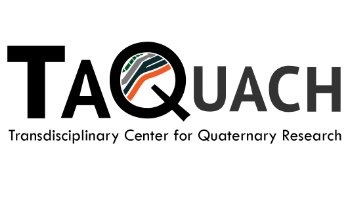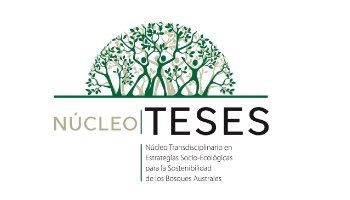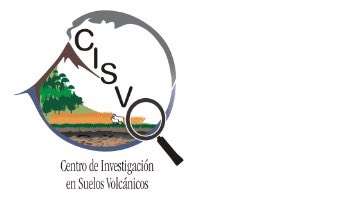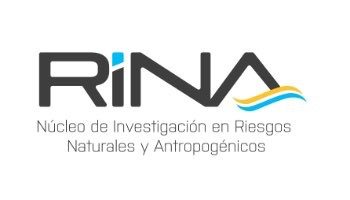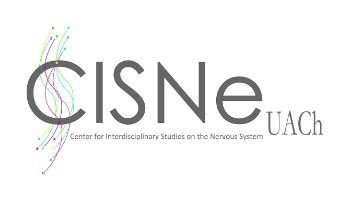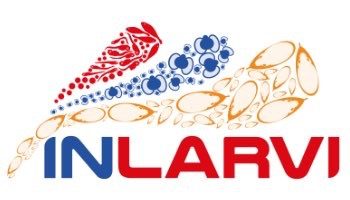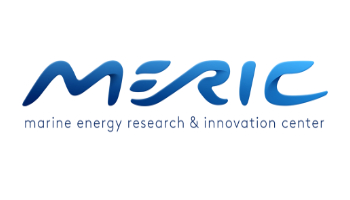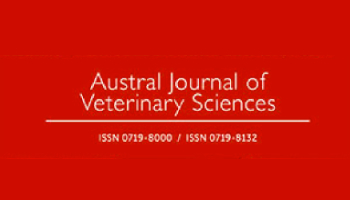The diverse research activities developed at the Universidad Austral de Chile are grouped into 6 Core Research Areas (Núcleos de Investigación). The purpose of the Core Research Areas is to enhance and complement distinct research capacities, guiding diverse academic efforts toward the development of high-impact multidisciplinary research that generates a higher number of scientific publications and research networks both nationally and internationally. Of the 6 Core Research Areas, 4 are focused on the sciences, and 2 on innovation and technology.
Core Research Areas webpage




